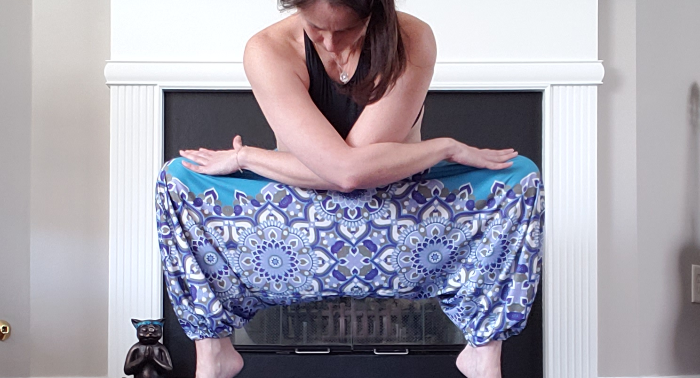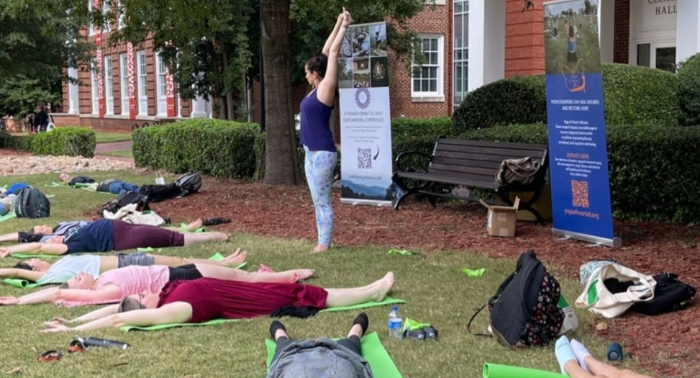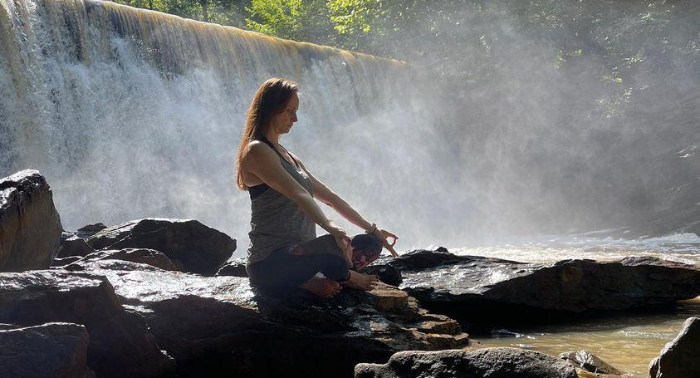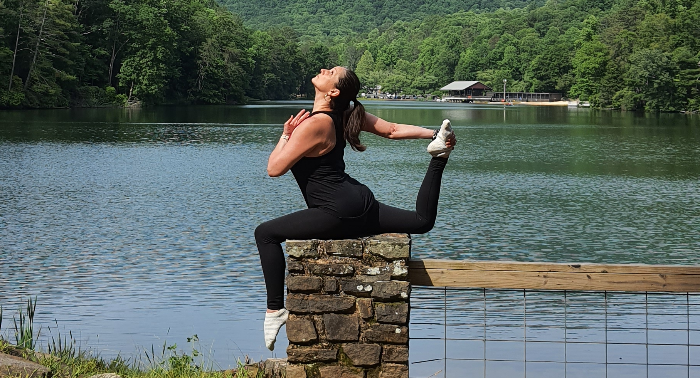Unveiling the Essence of Yoga: Beyond Dogma
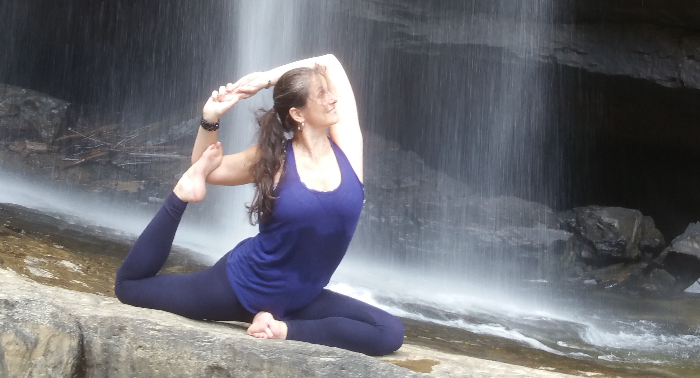
In the vast landscape of wellness and self-discovery, few practices evoke as much intrigue and fascination as yoga. Yet, amidst the myriad of yoga styles, teachings, and philosophies, there exists a pervasive misconception about what yoga truly is. As a yoga teacher deeply immersed in the ancient traditions and modern interpretations of this timeless practice, I find it imperative to shed light on the essence of yoga, its origins, and its relationship with religion and dogma.
At its core, yoga is more than just a physical exercise; it is a holistic system designed to harmonize the body, mind, and spirit. The word "yoga" itself derives from the Sanskrit root "yuj," meaning to yoke or unite. Thus, yoga is a journey of integration—a process of aligning the individual consciousness with the universal consciousness.
The origins of yoga can be traced back thousands of years to the ancient civilizations of India. While the precise historical timeline may be shrouded in mystery, what remains indisputable is yoga's deep connection to the spiritual traditions of the Indian subcontinent. The earliest references to yoga can be found in ancient texts such as the Rigveda, dating back to around 1500 BCE, where it is described as a means of transcending the limitations of the human condition and realizing one's true nature.
However, the evolution of yoga over the centuries has been marked by diversity and adaptation. From the ascetic practices of the early sages to the more accessible and inclusive forms that have emerged in modern times, yoga has continuously evolved to meet the needs and aspirations of different individuals and communities.
One common misconception surrounding yoga is its association with religion, particularly Hinduism. While it is true that yoga shares philosophical and spiritual principles with Hinduism, it is important to recognize that yoga itself is not a religion. Instead, it is a practical and experiential science—a methodology for exploring the depths of human consciousness and unlocking the innate potential within each individual.
The multiplicity of yoga styles and traditions reflects the richness and diversity of human experience. From the dynamic and physically demanding practices of Ashtanga and Vinyasa to the gentle and introspective approach of Yin and Restorative yoga, there is a path of yoga suited for every body and temperament.
Yet, despite its inherently liberating nature, yoga has, at times, become entangled in dogma and rigid belief systems. This is perhaps one of the greatest paradoxes of yoga—the tension between tradition and innovation, between adherence to prescribed teachings and the freedom to explore and experiment.
It is essential to recognize that the essence of yoga transcends any particular dogma or ideology. True yoga is about liberation—liberation from the confines of the ego, from the limitations of the mind, and from the illusions that obscure our true nature. It is a journey of self-discovery and self-transformation—a journey that invites us to question, to doubt, and to ultimately transcend the very concepts and constructs that define us.
As yoga teachers, it is our responsibility to honor the roots of this ancient practice while also embracing its evolution and adaptation in the modern world. We must guide our students not towards blind adherence to dogma, but towards a deeper understanding of themselves and the world around them. We must encourage them to approach their practice with openness, curiosity, and humility—to explore the vast and boundless terrain of their own inner landscape.
In essence, yoga is a journey of exploration—a journey that leads us not towards some distant destination, but towards the ever-present reality of our own being. It is a journey of awakening—a journey that invites us to awaken to the fullness of life, to embrace the inherent unity of all existence, and to live with authenticity, compassion, and grace. And in this journey, there are no dogmas, no limitations, and no boundaries—only the endless expanse of possibility and potentiality.

